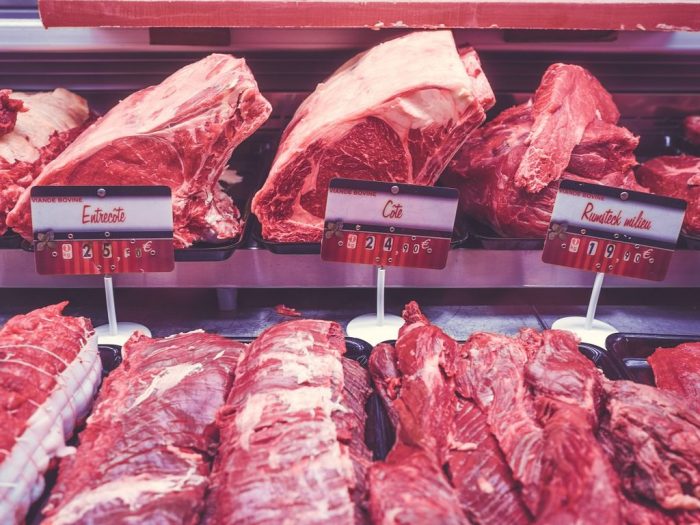Lawmakers from Germany are proposing taxing meat as a sort of “sin tax”, similar to ones on cigarettes and alcohol. This is a move that might be followed by other European countries as a way to discourage people from indulging in this habit.
Our collective love of meat is damaging the planet and is a huge contributor to climate change, no longer a looming threat, but a day to day reality for a lot of us. In Germany, there are already taxes on cigarettes and alcohol and in some cities, a soda tax, too. So politicians from the whole spectrum proposed taxing meat or rather raising the value-added tax (VAT) for meat, from 7 percent to 19 percent. They hope that the nation’s consumption of meat will drop as a response to the new prices. And that this will help both the environment and animal welfare.
But what do they plan to do with the extra money gained from taxing meat? The politicians want to invest it further in the causes above. “I am in favor of abolishing the VAT reduction for meat and earmarking it for more animal welfare,” said Friedrich Ostendorf, the agricultural policy spokesperson for the Greens.
Other countries thinking of taxing meat
But taxing meat might end up being a trend in Europe because other countries are thinking of doing the same thing. Denmark and Sweden are also considering it.
Raising livestock is one of the most environmentally harmful activities there is. Billions of animals are raised on factory farms every year, in cruel conditions. A major United Nations report released last week communicated that if we want to fight climate change, we should make huge changes when it comes to how we use land and grow food. Growing more plant-based products is strongly recommended. Especially since plant-based diets are healthier than meat-based ones.
Featured Image by Free-Photos from Pixabay






